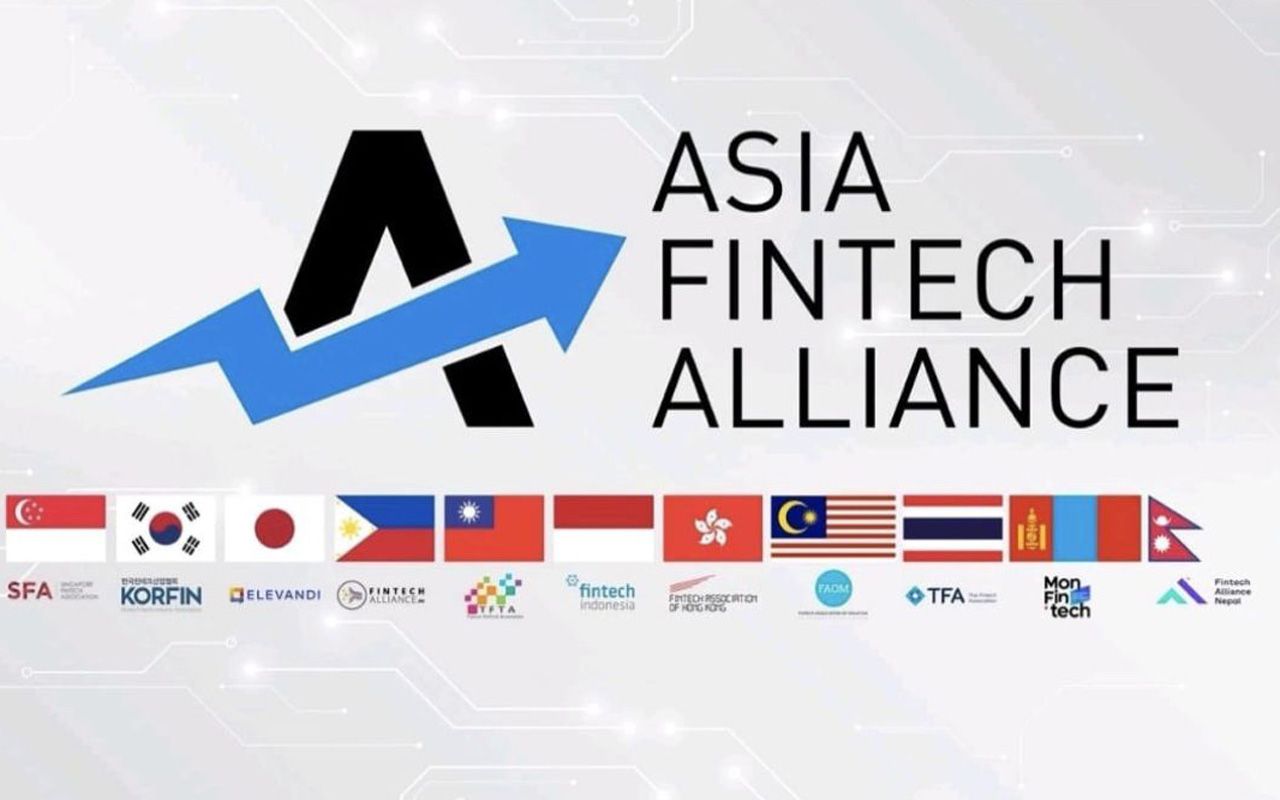Kathmandu, Nepal & Singapore, August 28, 2024 – Techrida, a leading IT services and Fintech service provider in Nepal, has announced a strategic partnership with JFourth Solutions (“JFourth”), a renowned Anti-Money Laundering/Combating the Financing of Terrorism (AML/CFT) consulting and training company based in Singapore. This collaboration aims to bolster the compliance infrastructure of Nepal’s rapidly growing Fintech industry. Through an integration of advanced AML/CFT solutions and expert training programs.
The partnership between Techrida and JFourth marks a significant milestone in the development of Nepal’s financial technology sector. Fintech service adoption is on the rise among Nepali consumers, highlighting an increasing need for robust regulatory compliance in the country’s growing industry. Over the past year alone, reported 5,312 incidents of banking fraud and financial crime in Kathmandu Valley.
About Techrida Inc. and JFourth Solutions
In Nepal, Techrida is a top supplier of IT services with a focus on Fintech solutions. Techrida provides innovative technological solutions that enable financial institutions to function more effectively and safely in the current digital environment. Along with an emphasis on innovation and security. For further media inquiries you may contact Rajendra Shrestha at : (+977) 9820784229.
Meanwhile, JFourth Solutions is a training and consulting firm with headquarters in Singapore that focuses on AML/CFT compliance. JFourth Solutions’ team of seasoned specialists, dedicated to quality, delivers comprehensive solutions and training programs that benefit financial institutions throughout the world.
How will this partnership benefit Nepal’s Fintech industry
Through this collaboration, Techrida will leverage its deep understanding of Nepal’s Fintech landscape and its technical expertise to develop and implement advanced AML/CFT technologies. These solutions will be tailored to meet the unique needs of financial institutions operating in the region, ensuring they comply with both local and international regulations.
JFourth is helmed by Julia Chin who is also the Chief Regulatory Affairs Officer of Defy, an impact banking ecosystem for digital nomads and creators, micro entrepreneurs and responsible consumers across parts of Asia and the Middle East. With her extensive experience in AML/CFT work and an expert team of consultants, JFourth has the necessary expertise to provide best-in-class compliance solutions in line with global standards.
The organization will also offer specialized training programs designed to equip financial institutions. In order to instill effective corporate governance frameworks, and the skills needed to manage operational risk. By addressing regulatory challenges, providing tailored solutions, and investing in training, this partnership will strengthen the local market. And also position Nepal as a competitive player in the rapidly evolving Fintech landscape.
Alignment with global fintech trends
The integration of advanced technology solutions for AML/CFT compliance is a growing trend in the global Fintech industry. By leveraging innovative IT solutions, the partnership aims to provide tailored compliance tools. Such tools meet both local and international standards. As a result it reflects a broader movement toward the use of technology to streamline compliance processes.
The partnership reflects a broader trend of regional collaboration in the Fintech space. As the Asia-Pacific region is projected to become the largest Fintech market. Partnerships like this one are crucial for establishing a strong compliance foundation. As they can support future growth and innovation in the fintech sector. With the rise of digital financial services, operational risk management has become paramount.
The partnership aims to instill effective corporate governance frameworks. This is consistent with global best practices in risk management within the Fintech industry. Furthermore, by aligning with these trends, the Techrida and JFourth partnership addresses immediate compliance needs. Additionally, it positions Nepal’s Fintech sector for sustainable growth in the evolving global landscape.
A shared vision for the future of Nepal’s Fintech market
Rajendra Shrestha, the founder of Techrida, stated, “We are excited to partner with JFourth Solutions and bring our collective strengths to bear on the critical issue of AML/CFT compliance in Nepal’s Fintech industry,” Further he added, “This collaboration represents a significant step forward in our mission to provide secure, innovative financial solutions that contribute to the growth and stability of the sector.”
Similarly, Principal Consultant at JFourth Julia Chin continued, “By 2030, the Asia-Pacific region will become the largest Fintech market in the world, overtaking the US. Our partnership with Techrida aligns perfectly with our goal of expanding AML/CFT compliance capabilities across Asia and Oceania. Together, we will help financial institutions in Nepal enhance their compliance frameworks and mitigate risks in an increasingly complex regulatory environment.”






